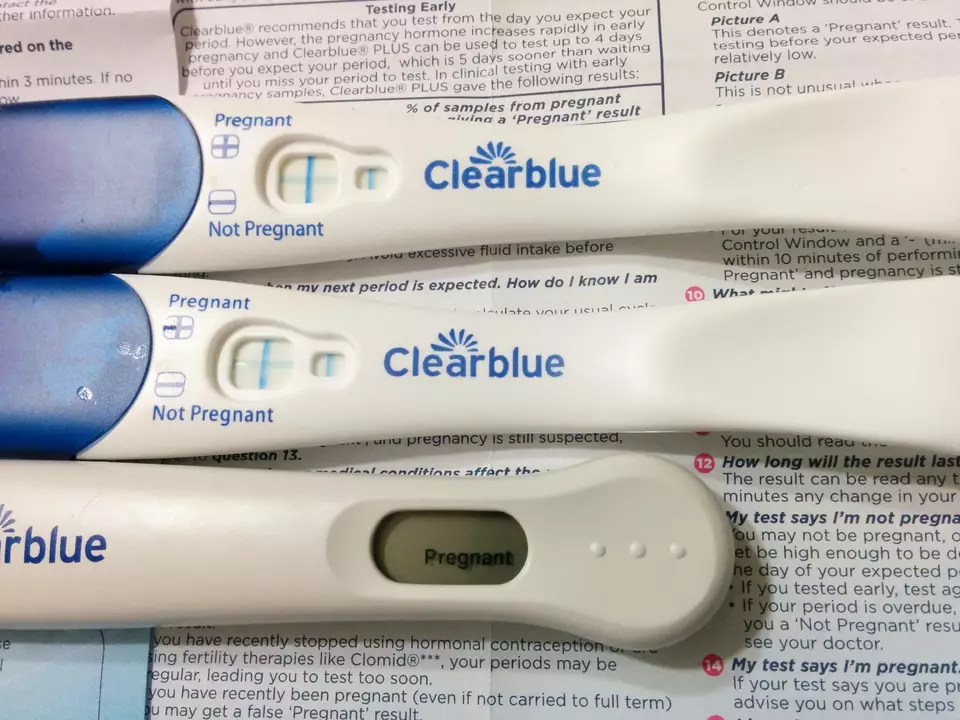Women Health: Practical Guides on Infections, Hormones, and Pregnancy
Want straightforward info without the medical fluff? This section covers real problems women ask about: vaginal infections, hormone changes in menopause, and how pregnancy tests evolved — and how to use them right. You’ll find short guides, clear tips, and easy next steps.
Common issues and quick fixes
Bacterial vaginosis (BV), hormone swings, and confusing test results are common. For BV, doctors often use metronidazole, but there are alternatives. Clindamycin can work well as a prescription cream or oral medicine. Secnidazole is a single-dose option that many find convenient. Boric acid capsules are used by some people for recurring BV, but don’t use boric acid if you’re pregnant — it can be risky. Whatever you try, talk to a clinician if symptoms are severe, come back after treatment, or if you’re pregnant.
During perimenopause and menopause, progesterone levels fall and that can change sleep, mood, and bleeding patterns. Progesterone therapy may help with hot flashes, sleep, or irregular bleeding for some women. Options include short-term oral pills, topical gels, or bioidentical formulations prescribed by a doctor. If you’re worried about side effects, ask about dosing that targets your symptoms while minimizing risks.
Practical tips you can use today
Want simple, safe steps? For vaginal symptoms: keep things dry, avoid scented products, and skip douching. If you use over-the-counter or at-home treatments, follow the instructions and finish the full course when applicable. See a healthcare provider if you have fever, heavy discharge, pain during sex, or persistent symptoms after treatment.
For pregnancy testing: the earliest reliable result usually comes a few days after a missed period. Test first morning urine for best accuracy, and if a result is unclear, repeat the test in 48–72 hours or see a clinic for a blood test. Knowing the history of pregnancy tests helps: home tests became widely available in the 1970s, but modern kits are faster and more accurate than older methods.
Thinking about hormones? Track symptoms for a few weeks — note sleep, mood, hot flashes, and bleeding changes. Bring that list to your appointment. Labs can measure hormone levels, but treatment decisions should focus on how you feel and your health goals, not just a number.
Browse our articles for deeper reads: a review of metronidazole alternatives for BV, a short history of pregnancy test cards, and an easy-to-follow piece on progesterone in menopause. If something sounds urgent, don’t wait — get medical attention. If it’s a smaller concern, use our practical tips and links to trusted resources to make informed choices.
Want updates? Sign up for quick emails when we publish new guides for women’s health, or bookmark this page to return when new posts go live.
Carbamazepine and Oral Contraceptives: Why Breakthrough Bleeding Means Higher Pregnancy Risk
Carbamazepine can make birth control pills fail-even with perfect use. Breakthrough bleeding is a warning sign. Learn why IUDs and implants are the only reliable options, and how to avoid unintended pregnancy and birth defects.
VIEW MOREYasmin (Ethinyl Estradiol & Drospirenone) vs. Other Birth Control Options - A Comprehensive Comparison
A detailed comparison of Yasmin (ethinyl estradiol & drospirenone) with popular birth control alternatives, covering effectiveness, side effects, and how to choose the right method.
VIEW MOREBest Alternatives to Metronidazole Cream for BV: Clindamycin, Secnidazole, and Boric Acid Reviewed
Curious about metronidazole cream alternatives for BV? Uncover the facts and real-life experiences about clindamycin, secnidazole, and boric acid treatments.
VIEW MOREThe history of the pregnancy test card: A brief overview
In today's post, I want to give you a brief overview of the history of the pregnancy test card. The journey of this essential tool dates back to ancient Egypt, where women would urinate on seeds and observe their growth as an indicator of pregnancy. Fast forward to the 20th century, the first modern pregnancy test was developed in 1960, using a hormone called hCG as the primary indicator. The 1970s saw the invention of the first home pregnancy test kit, forever changing the way women discovered they were expecting. Since then, pregnancy test cards have evolved into the convenient and accurate tool we know and rely on today.
VIEW MOREThe significance of progesterone in menopause
As a blogger, I've recently been researching the significance of progesterone in menopause. I've discovered that progesterone is a crucial hormone for women, particularly during menopause, as it helps to regulate the menstrual cycle and maintain a healthy balance with estrogen. During menopause, progesterone levels drop, leading to various symptoms like hot flashes and mood swings. By using progesterone therapy, we can alleviate these symptoms, making the transition into menopause more manageable. It's essential to raise awareness about the importance of progesterone, so women can be better prepared for menopause and maintain their overall health.
VIEW MORE




